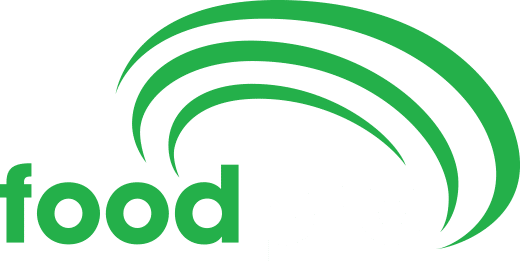The challenges
Changes in consumer preferences and labelling laws have had major impacts on packaged foods in Australia, and globally, including:
- Healthier products: less sugar and additives, more healthful ingredients, greater variety of organic products
- Vegetarian and vegan foods: growing numbers of people are seeking animal-free foods both permanently and to reduce animal-protein intake in an omnivore diet
- Environmentally friendly products: from growing or sourcing the raw ingredients, to harvest, their eventual manufacture into foods and the packaging materials used
- Labelling: country-of-origin changes, altered “Australian Made” usage rights, the rise of clean labelling, the need for manufacturers to be aware of often-changing export-labelling requirements
Progressively health and environmentally conscious consumers are demanding healthier, “greener” packaged foods that are also more convenient. Simultaneously from the other end, rules around country-of-origin information have tightened and calls for clearer labelling about potential allergens have intensified.
From 1 July 2018, food labelling must legally include a bar chart to indicate the proportion of Australian content, while the basis for using “Made in Australia” status has constricted. Although the regulations for noting allergens haven’t changed, focus has increased on better labelling food products that may contain potential allergens. Consumers are also increasingly interested in “clean labelling”, preferring products bearing labels with simple language and no jargon.
Another area where consumer preferences are re-shaping the packaged food industry is with their desire for foods that offer better nutrition; have less sugar; are organic; are “free-from” allergens and additives, including GMOs (and “free-from jargon” in clean labelling); are ethically sourced and produced; and do not harm the environment in any way, from growing or creating the ingredients through to producing the final product. With 11.2% of Australia’s population now vegetarian, and Australia being the world’s third-fastest-growing vegan market, the desire for animal-free packaged foods is changing what consumers select from the retail shelf.
This consumer desire for sustainable, transparent packaged foods also extends to the packaging. Consumers want their food in packaging that “doesn’t cost the Earth”. They are looking for packaging that’s recyclable and/or reusable, thus limiting its impact on the environment, but they’re also wanting packaging that has limited social impact, including reducing food waste.
What’s at foodpro to help your business?
At foodpro, packaged food manufacturers can see a host of equipment, ideas, technologies and solutions to enable them to adapt to changing consumer desires and regulations, such as:
- Packing and packaging machinery
- Coding and labelling solutions
- Inspection and detection systems
- Processing and cooking equipment
- Ingredients
See here for a full list of exhibitors.
